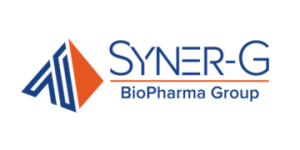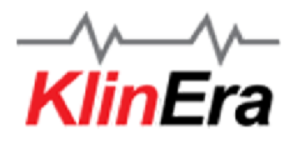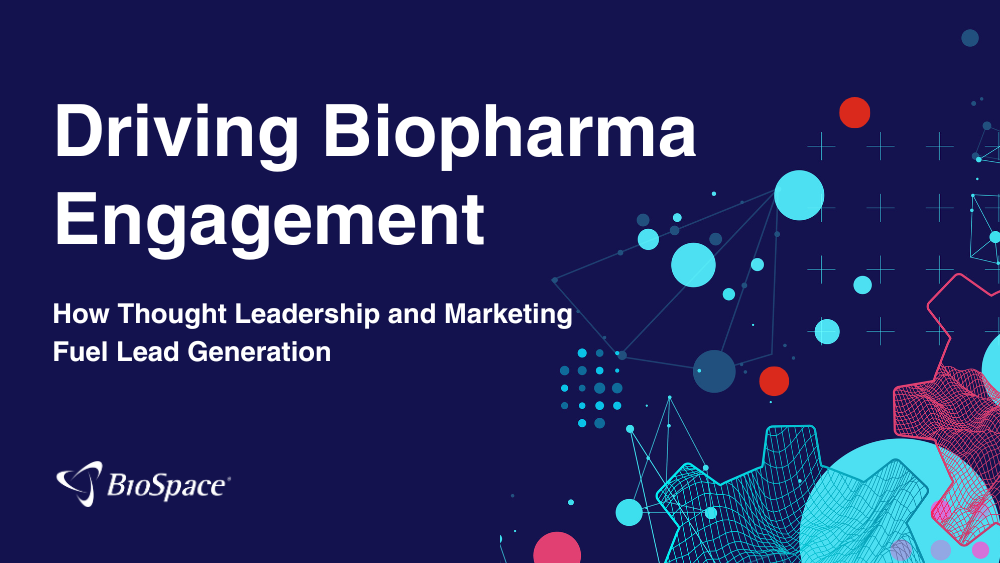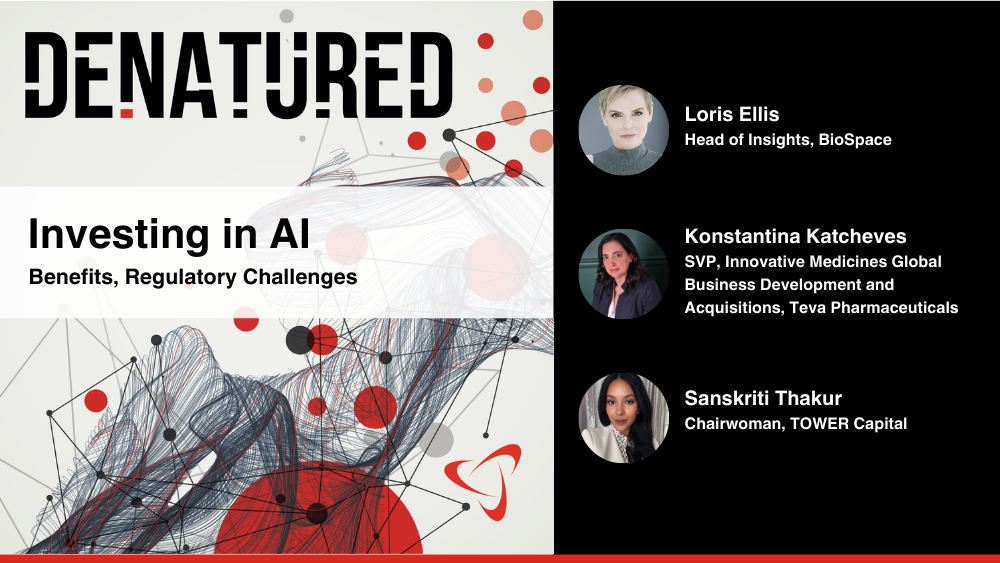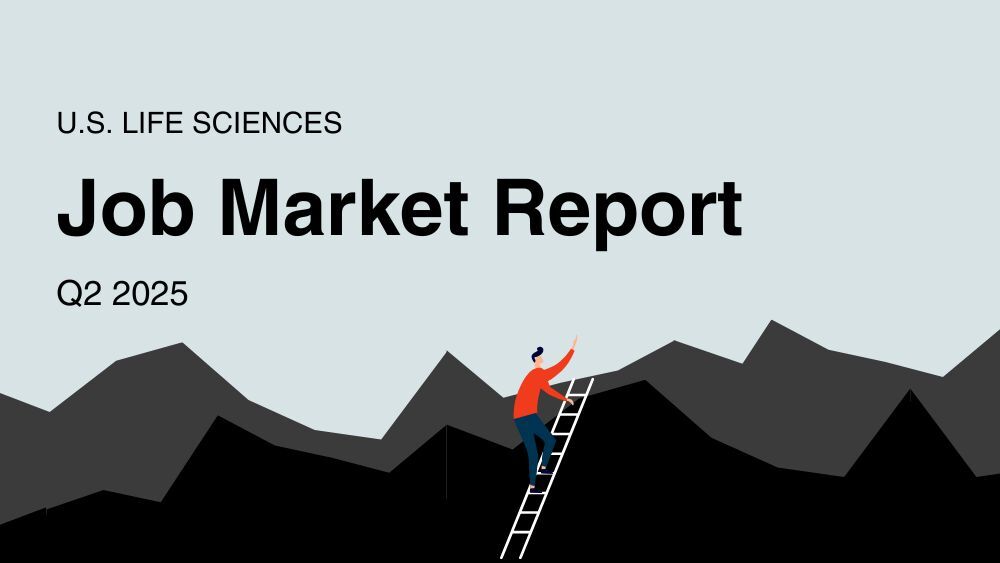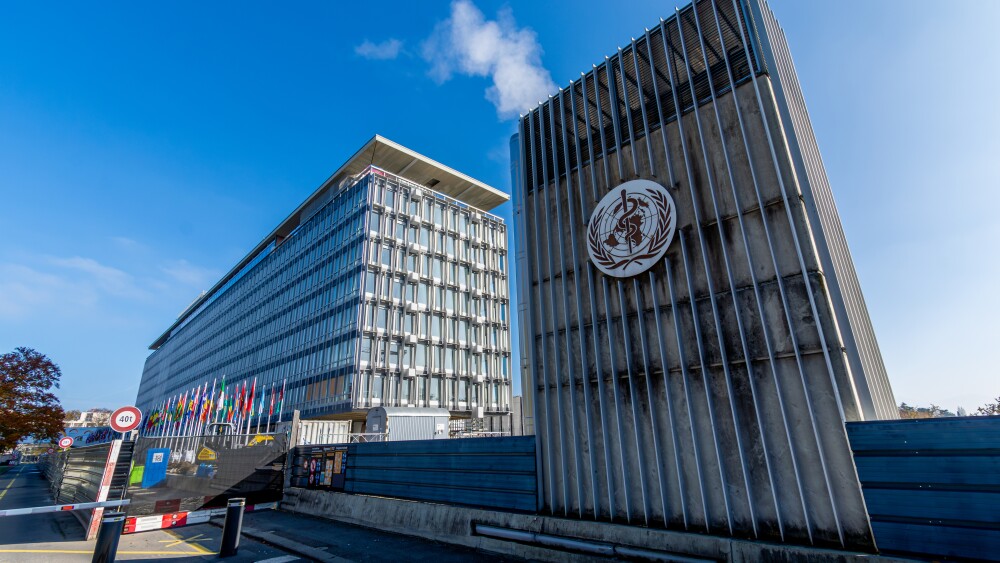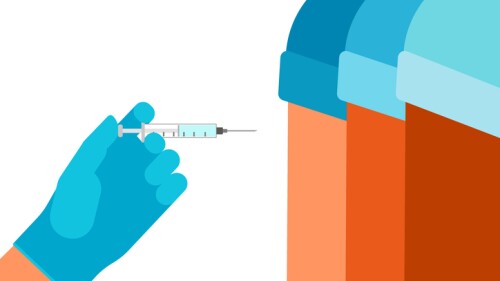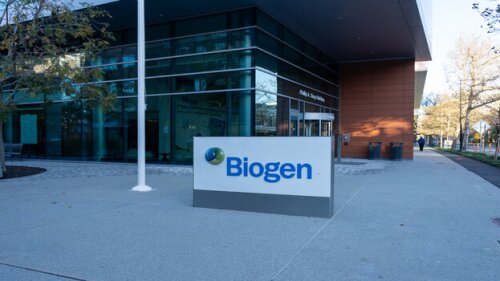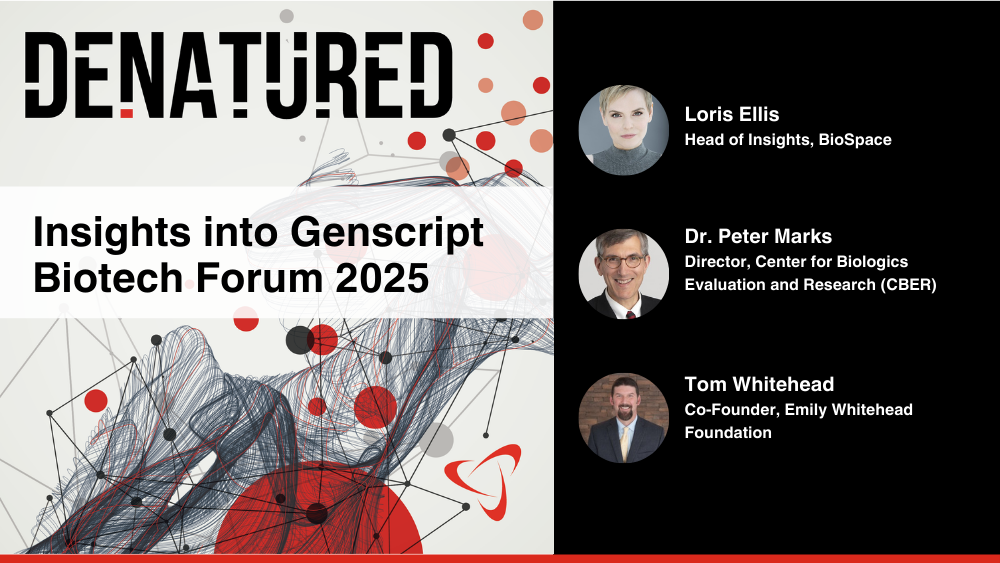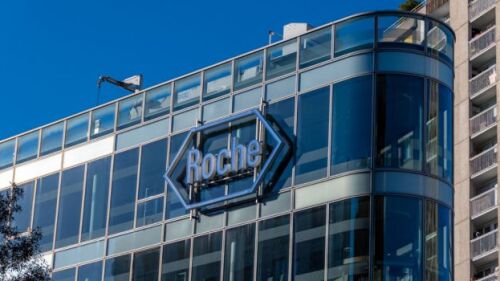Roche and Genentech were unable to sufficiently demonstrate the benefit of using Columvi in an earlier treatment setting for DLBCL in a U.S. population, according to the FDA.
The rollercoaster week for Sarepta Therapeutics continued, with shares of the embattled gene therapy-turned-siRNA biotech down 37% Friday afternoon as media outlets reported FDA plans to request a stop to all shipments of the Duchenne muscular dystrophy therapy Elevidys following a third patient death linked to the underlying platform.
Despite the failure, BMS remains “encouraged” by Reblozyl’s clinical activity in myelofibrosis-associated anemia and will approach regulators to discuss potential submissions for this indication, for which few treatment options exist.
The panelists flagged safety concerns with Blenrep and GSK’s failure to optimize its dosing regimen for the antibody-drug conjugate in multiple myeloma.
The patient, who was being treated with an investigational gene therapy for limb-girdle muscular dystrophy, died of acute liver failure, the same complication responsible for the deaths of two boys taking Sarepta’s Duchenne muscular dystrophy treatment Elevidys.
In advance of CMS’ negotiated price for the blood thinner taking effect next year, partners Bristol Myers Squibb and Pfizer pitched the direct-to-consumer program as a way to allow uninsured, underinsured and self-pay patients to pay less out of pocket.
FEATURED STORIES
The explosion of GLP-1 weight loss drugs is reminiscent of the early days of PD-1 inhibitors, but key market differences suggest history may not repeat itself.
The ongoing conflicts between Ukraine and Russia, as well as Israel and Palestine, have sent ripples across various industries, including pharma. Medical science liaisons can help.
Mirador debuted last year with a massive $400 million and the goal of developing game-changing therapies for inflammatory and fibrotic diseases. The company aims to enter the clinic this year.
Having established success in cancer, biopharma is now looking to leverage CAR T therapies against a new target, autoimmune disorders, with several early- to mid-stage readouts expected this year.
As obesity drug developers compete for the highest weight-loss efficacy, experts contend that overall health outcomes—evidenced by successful studies in therapeutic areas like cardiovascular and sleep apnea—may prove a greater market advantage.
Facing declining valuations and funding challenges, public biotechs like bluebird bio are going private to restructure, reduce regulatory burdens and refocus on long-term growth.
FROM BIOSPACE INSIGHTS
Establishing trust through thought leadership is no longer optional in today’s cautious biopharma market. Learn how strategic insights and targeted outreach can turn awareness into high-converting leads.
LATEST PODCASTS
In this episode of Denatured, BioSpace’s Head of Insights Lori and guests from Teva Pharmaceuticals and TOWER Capital discuss the opportunities, regulatory challenges and uncertainty surrounding AI.
In our anniversary episode, we discuss a rare earnings miss for Eli Lilly, a pivotal metabolic dysfunction–associated steatohepatitis victory for Novo Nordisk’s Wegovy, growing excitement about CAR Ts for autoimmune disease and the ongoing controversy over HeLa cells.
Pfizer, Sanofi and others report Q3 beats; AbbVie, Roche and Novartis strike big deals; the 2024 presidential election looms; and BioSpace takes a look back at 10 years of NextGen, our annual pick of young biotechs to watch.
Job Trends
Genentech, a member of the Roche Group, announced statistically significant and clinically meaningful results from its Phase III STARGLO study of Columvi® in combination with gemcitabine and oxaliplatin versus Rituxan® in combination with GemOx for people with relapsed or refractory diffuse large B-cell lymphoma who have received at least one prior line of therapy and are not candidates for autologous stem cell transplant, or who have received two or more prior lines of therapy.
Subscribe to Genepool
Subscribe to BioSpace’s flagship publication including top headlines, special editions and life sciences’ most important breaking news
SPECIAL EDITIONS
BioSpace data show biopharma professionals faced increased competition for fewer employment opportunities during the second quarter of 2025, with increased pressure from further layoffs.
BioSpace did a deep dive into executive pay, examining the highest compensation packages, pay ratios and golden parachutes—what a CEO would get paid to leave.
A new generation of checkpoint inhibitors is emerging, with some showing more promise than others. From recent TIGIT failures to high-potential targets like VEGF, BioSpace explores what’s on the horizon in immuno-oncology.
DEALS
-
BioSpace Senior Editor Annalee Armstrong reflects on the year that was, and what’s to come in 2025.
-
The Novo-Catalent deal now moving ahead highlights unprecedented investment in manufacturing, while also standing out as an exception to the unspoken rule of keeping M&As to less than $5 billion this year.
-
Blackstone and Bain Capital are said to be among the final bidders for the Japanese company’s Mitsubishi Tanabe Pharma, sources told Reuters Friday.
-
By far, the largest acquisition of 2024 was Novo Holdings’ yet-to-be-closed buyout of manufacturer Catalent at $16.5 billion. Outside of that, the leading pharmaceutical companies kept to less than $5 billion per deal.
-
The Muna partnership will give GSK access to Muna’s MiND-MAP platform, which it will apply to postmortem brain samples to identify potential therapeutic targets for Alzheimer’s disease.
WEIGHT LOSS
-
Biopharma executives shared their thoughts on the potential impacts of the new administration; Annalee Armstrong recaps JPM and her talks with Biogen, Gilead, Novavax and more; Wegovy’s higher dose induces more weight loss; AstraZeneca and Daiichi Sankyo’s Dato-DXd scores its first FDA approval.
-
Computational research conducted by scientists from Washington University in St. Louis shows that GLP-1 agonists can have mental and cognitive health benefits but may also harm the kidneys and pancreas.
-
As the year gets underway, analysts and biotech executives highlight cell therapy’s pivot from oncology to autoimmune diseases, a continued appetite for next-generation obesity drugs and an increased focus on neuromuscular, kidney and cardiovascular diseases.
-
The data suggest the high dose nearly closes the efficacy gap with Zepbound.
-
JPM25 is in full swing as several pharma powerhouses—including Merck, Lilly and Amgen—detail their strategies for growth in the coming year.
POLICY
-
In an internal memo, the World Health Organization signaled its support for anti-obesity drugs like Wegovy and Zepbound, which the agency decided against listing in 2023, the last time the Essential Medicines list was updated.
-
The new policy, revealed by the Department of Health and Human Services on Wednesday, would make vaccines “less available and less affordable,” according to vaccine expert Paul Offit. It could also further complicate the picture for companies like Novavax.
-
When it comes to vaccination, the COVID-19 pandemic divided American society. President Donald Trump and his new Health and Human Services secretary are bringing down the hammer. What happens when there is no middle ground?
-
Policy uncertainties are impacting biopharma dealmaking from continent to continent, with companies being asked to walk a tightrope on their relations with China.
-
Nevertheless, Albert Bourla has been lobbying the U.S. government—as high as President Donald Trump himself—to skip the pharmaceutical industry tariffs, which Trump has threatened, in part as a way to shore up U.S. national security.
While MBAs can reflect positively on job applicants, work experience can often be more valuable, depending on the area.
If management isn’t your strength, there are several upper-level positions that don’t require you to manage others. Here are five high-paying life science jobs that don’t include management.
Ageism, or discrimination against an individual based on their age, is a common barrier many older individuals face in the workplace. Fortunately, there are steps that can be taken to mitigate this discrimination.
Job hopping– frequently changing jobs, typically within a short period of time – gained popularity with the onset of COVID-19 and is still popular now. Here’s what recruiters think about job hopping.
Can ChatGPT help you find a new job in an industry as complex as the life sciences? BioSpace’s career editor decided to put it to the test - here’s what she discovered.
Here are some tips to help you nail virtual interviews and networking events so you can be prepared for BioSpace’s Virtual Talent Connect on March 9.
HOTBEDS
REPORTS
In this Employment Outlook report, BioSpace explores current workforce sentiment, job activity trends and the prospective job and hiring outlook for 2025, particularly as it compares to the previous year.
BioSpace’s third report on diversity, equity, inclusion and belonging in life sciences examines dramatic shifts in attitude around diversity initiatives.
CANCER
-
Vepdegestrant did not improve progression-free survival broadly but saw improvements in one specific patient cohort. Arvinas’ stock took a 43% tumble on the news, and analysts are downcast on the drug’s prospects.
-
Abecma made $406 million in 2024, of which BMS paid $43 million to 2seventy bio as part of their profit-sharing agreement.
-
The FDA’s Oncologic Drugs Advisory Committee recently voted to narrow the label for checkpoint inhibitors Keytruda and Opdivo in stomach and esophageal cancers based on PD-L1 expression levels—but the high unmet need in these patient populations should also be considered.
-
On the agenda for the FDA this month are two RNA-based treatments for rare diseases.
-
Imfinzi is one of AstraZeneca’s key growth drivers for 2025, with potential approvals in stomach and bladder cancers. The PD-L1 blocker brought in over $4.7 billion in sales last year.
NEUROSCIENCE
-
The monthly maintenance regimen, which offers a more convenient frequency than the initially approved treatment schedule for patients with Alzheimer’s, could help with Leqembi’s thus far disappointing uptake and sales.
-
Vigil Neuroscience reported a strong safety profile and 50% sTREM2 reduction in an early-stage trial for VG-3927, potentially representing a new avenue for treating Alzheimer’s disease.
-
In a good-news-bad-news week for Biogen, the company will cut an undisclosed number of employees, just as a higher dose of its Ionis-partnered therapy Spinraza for spinal muscular atrophy will be considered by the FDA and EMA.
-
The drugs’ active ingredient, glatiramer acetate, has been linked to more than 80 cases of anaphylaxis worldwide since December 1996 and six patient deaths.
-
The U.S. Court of Federal Claims ruled that Vanda cannot claim a breach of confidentiality for specifications that it did not develop itself.
CELL AND GENE THERAPY
-
In this short teaser, BioSpace’s Head of Insights Lori Ellis talks to CBER Director Peter Marks and Tom Whitehead, Co-Founder of the Emily Whitehead Foundation about anticipated discussions at the upcoming GenScript Biotech Forum.
-
In a deal expected to close in Q1 2025, Roche will gain access to Poseida’s off-the-shelf CAR T candidates.
-
By mid-2025, the biotech will split into two entities: a new, as-yet-unnamed innovative medicines specialist and a cell therapy company, the latter of which will inherit the Galapagos name.
-
BioSpace presents 25 noteworthy biopharma startups in ’25; analysts forecast stronger M&A as the J.P. Morgan Healthcare Conference kicks off next week; GLP-1s continue to expand their reach as Novo, Lilly fight against compounders; and a look ahead to five key FDA decisions in Q1.
-
From ADCs and radiopharmaceuticals to cell and gene therapies, eager young startups are betting on advances in biopharma’s most competitive therapeutic spaces—and attracting dollars from Big Pharma.








































